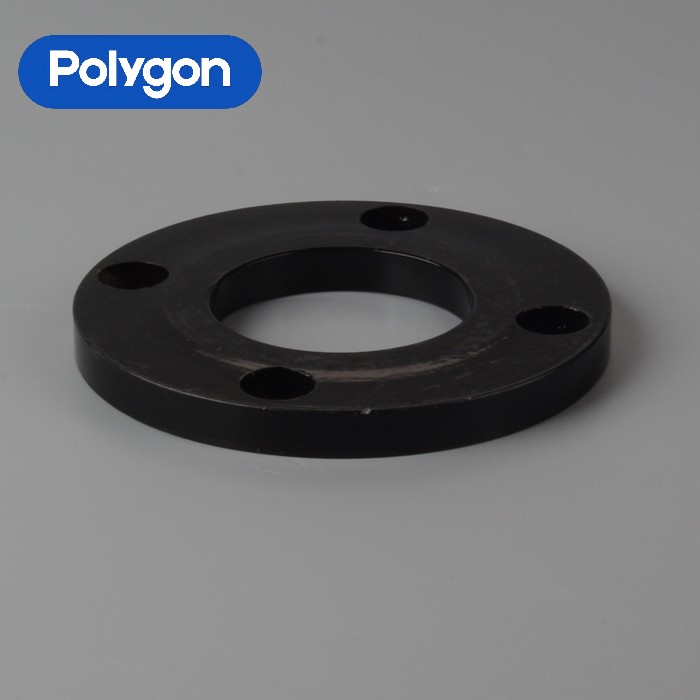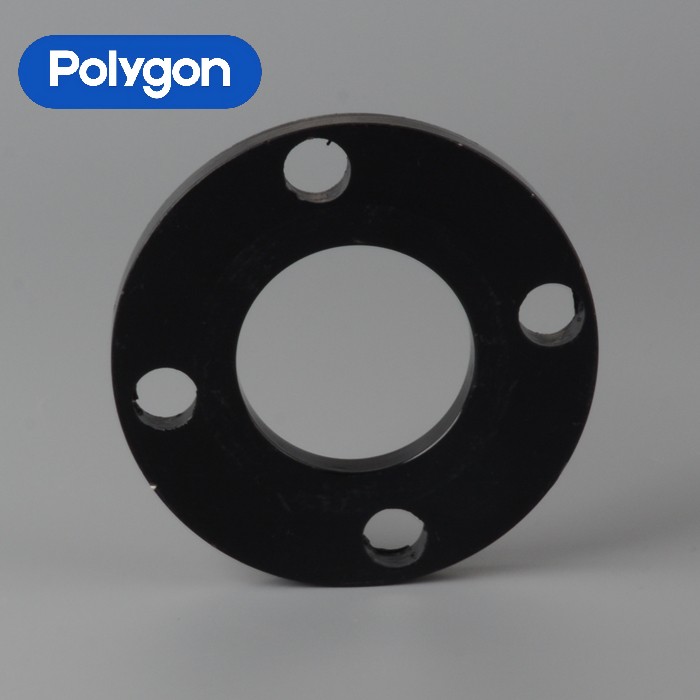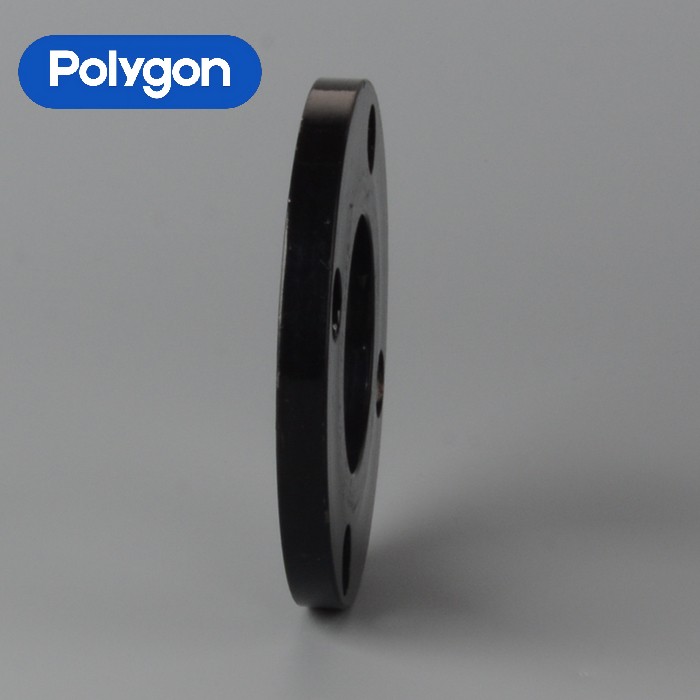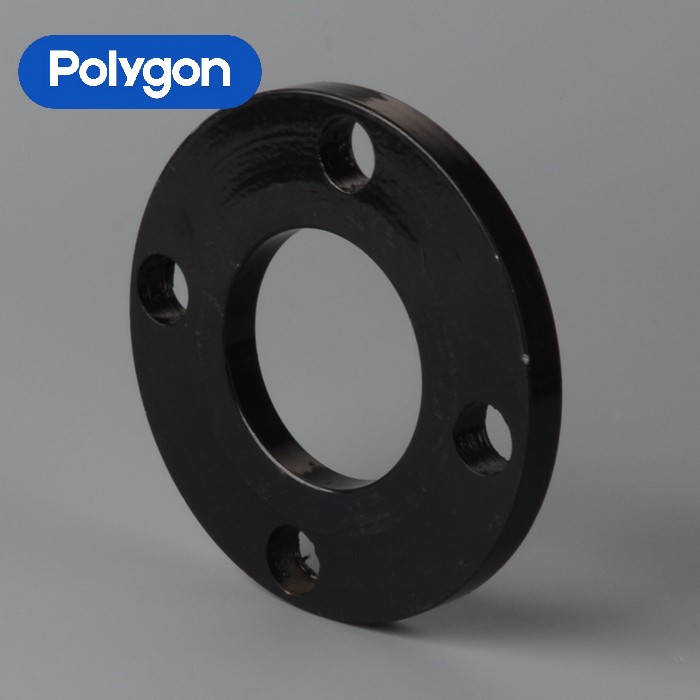








The Ultimate Guide to HDPE Flanges: Benefits, Applications, and More
Are you in search of a reliable and durable solution for your piping system connections? Look no further than HDPE flanges. In this comprehensive guide, we'll delve into the world of HDPE flanges, exploring their benefits, applications, and why they're the ideal choice for your project.
What is an HDPE Flange?
An HDPE flange is a crucial component in HDPE (High-Density Polyethylene) piping systems. It is designed to provide a secure and leak-free connection between pipes, valves, and other piping components. Made from high-quality HDPE material, these flanges offer exceptional durability, corrosion resistance, and ease of installation.
Key Benefits of HDPE Flanges
1. Corrosion Resistance
One of the standout features of HDPE flanges is their remarkable resistance to corrosion. Unlike traditional metal flanges that are prone to rust and degradation over time, HDPE flanges maintain their integrity even in harsh environments. This makes them perfect for applications involving chemicals, wastewater, and other corrosive substances.
2. Durability
HDPE flanges are built to last. The high-density polyethylene material ensures that these flanges can withstand significant pressure and mechanical stress. Whether you're dealing with high-pressure water systems or industrial applications, HDPE flanges provide long-lasting performance with minimal maintenance.
3. Easy Installation
Connecting pipes and components has never been easier. HDPE flanges are designed for straightforward installation, requiring only basic tools and minimal expertise. The flanges can be easily welded or fused to HDPE pipes, ensuring a secure and reliable connection. This not only saves time but also reduces the risk of leaks and other connection issues.
4. Environmental Friendliness
In today's world, sustainability is a key consideration. HDPE flanges are an eco-friendly choice as they are made from recyclable materials. They also contribute to energy efficiency by reducing the need for frequent replacements and maintenance. By choosing HDPE flanges, you're making a positive impact on the environment without compromising on quality.
5. Cost-Effectiveness
When it comes to value for money, HDPE flanges are hard to beat. The initial cost of HDPE flanges is often lower than that of their metal counterparts. Additionally, their durability and low maintenance requirements mean that you'll save on long-term costs. With HDPE flanges, you get a reliable solution that won't break the bank.
Applications of HDPE Flanges
1. Water and Wastewater Treatment
HDPE flanges are widely used in water and wastewater treatment plants. Their corrosion resistance and ability to handle high flow rates make them ideal for connecting pipes in these critical systems. They ensure that water remains uncontaminated and that wastewater is safely transported and treated.
2. Chemical Processing
In the chemical industry, where pipes often carry corrosive substances, HDPE flanges provide a safe and reliable connection. They can withstand the harsh chemicals and ensure that there are no leaks or contamination, protecting both the environment and the workers.
3. Agricultural Irrigation
For agricultural applications, HDPE flanges are used to connect irrigation pipes. Their durability and resistance to UV rays make them suitable for long-term outdoor use. They help in maintaining an efficient irrigation system, ensuring that water is delivered to crops without any loss or leakage.
4. Industrial Piping Systems
HDPE flanges are also commonly used in various industrial piping systems. They can handle a wide range of fluids and gases, making them versatile components in manufacturing plants, power stations, and other industrial settings.
Choosing the Right HDPE Flange
When selecting HDPE flanges for your project, there are a few key factors to consider:
1. Size and Pressure Rating
Ensure that the HDPE flange you choose matches the diameter and pressure requirements of your piping system. Different applications may have varying pressure needs, so it's crucial to select a flange that can handle the specific demands of your system.
2. Connection Type
HDPE flanges are available in various connection types, including butt-welded, socket-welded, and threaded. Choose the connection type that best suits your installation method and the existing piping system.
3. Standards and Certifications
Look for HDPE flanges that meet relevant industry standards and certifications. This ensures that the flanges have undergone rigorous testing and meet the required quality and safety standards.
4. Manufacturer's Reputation
Selecting a reputable manufacturer is essential. A reliable manufacturer will provide high-quality products, excellent customer service, and technical support. They will also be able to offer guidance on selecting the right flange for your specific application.
Conclusion
HDPE flanges offer a host of benefits that make them a superior choice for a wide range of piping applications. Their corrosion resistance, durability, ease of installation, environmental friendliness, and cost-effectiveness make them a reliable and efficient solution. Whether you're working on a water treatment plant, a chemical processing facility, or an agricultural irrigation system, HDPE flanges are designed to meet your needs.
Investing in HDPE flanges means investing in the long-term success and reliability of your piping system. Make the smart choice and experience the benefits of HDPE flanges for yourself.










